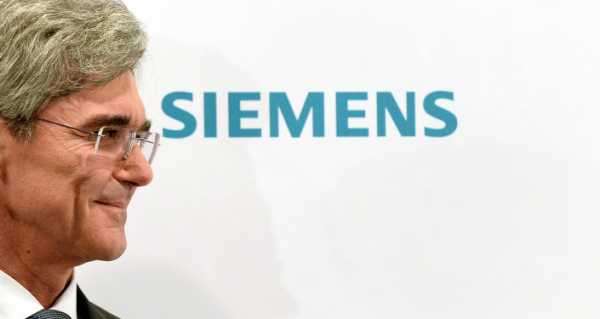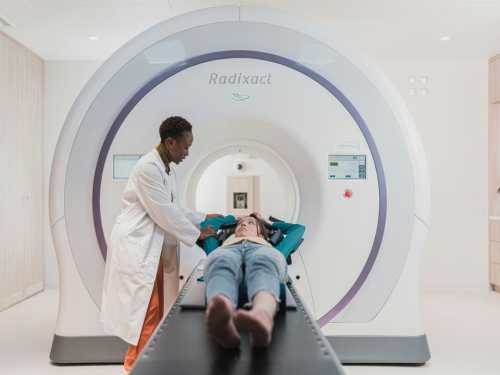
The chief executive of one of the world’s largest engineering firms made the comments at a major summit of global leaders, businesses, and professionals, where he said China was a major driving force behind numerous industries, including automotive and energy, amid the ongoing COVID-19 pandemic.
China is a “very important market” for all key players in international business, Siemens President and CEO Joe Kaeser said during a discussion at the Reuters NEXT summit on Monday.
Speaking to Reuters global industry editor Joe White, he said mainland China had roughly 400 gigawatts (GW) of coal-fired power plants, and the nation’s 13th Five-Year-Plan called on the government to replace such facilities with natural gas and renewable energies.
The US-European Union (EU)-China triangle will also become the focus of international markets in the next few years, with analysts stating China will overtake the US economy in 2035, he added.
But Mr Kaeser cautioned there would not be a major change in policy towards China under the incoming Biden administration as the US will defend its position as the number one economy, he explained.
But the world is more than the US and China and includes Europe, he said, adding the EU needs to work towards a unified economic policy or it would not reach similar levels of unity needed to drive “global rules of engagement”.
Call For New World Trade Order Key to Unlocking Potential in Emerging Technologies
When asked by Sputnik how companies such as Siemens could work with China to cooperate on emerging technologies to restart the global economy, Mr Kaeser said that it was important to localise in national markets and address local demand.
Companies must bring jobs and technology “to the table” to receive orders and business in return, Kaeser said.
But doing so made international businesses “extraordinarily ineffective”, he said, adding that companies could localise but remain less successful, namely firms in import and export-driven economies such as Germany or the European Union.
It is also vital to create a set of rules for operating in international markets, he said, commenting on tech nationalism, adding a “new [World Trade Organisation]” was urgently needed to define the future of “extraterritorial flows of data”.
Addressing critical IT infrastructure is also crucial as “every nation has an objective interest in [it]”, he added.
The comments come after a major trade deal between the EU and China was struck in late December, and is set to be one of the most comprehensive agreements between leading global powers in history.
The Reuters NEXT summit is one of the largest such events globally, bringing together 25,000 executives, journalists, and world leaders to discuss politics, tech, business, and media freedom.
The four-day summit is taking place from 11 to 14 January and includes speakers such as European Central Bank President Christine Lagarde, Chevron CEO Mike Wirth, internet creator Sir Tim-Berners Lee, US economist Jeffrey Sachs, and many others.
Sourse: sputniknews.com





